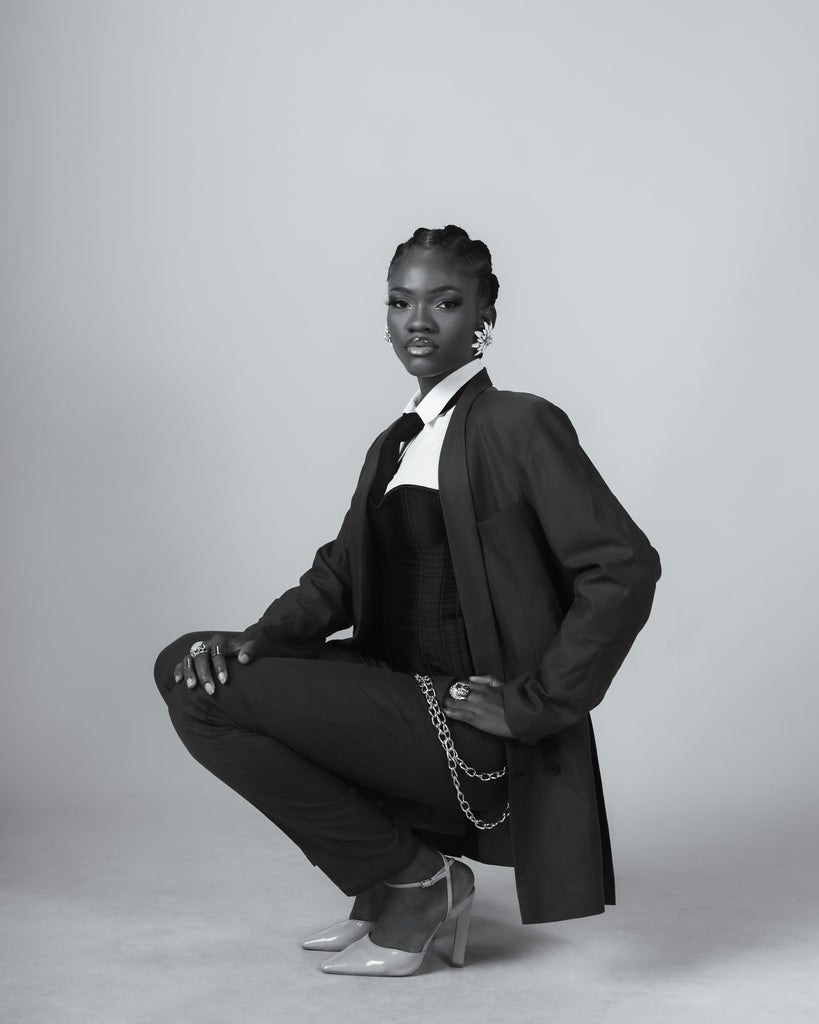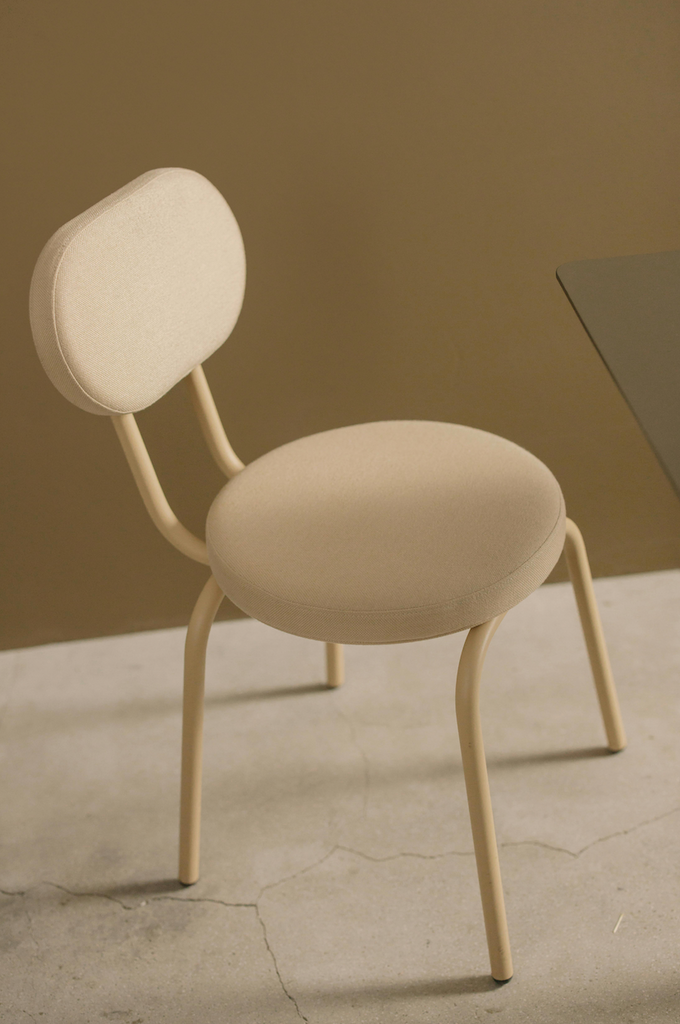Back in the 1900s, psychotherapist Alfred Adler formulated the birth order theory, proposing that the order of your birth within the family—whether you're the firstborn, the middle child, the youngest, or an only child—shapes your thoughts and behaviours.
Adler believed that family dynamics and interactions between parents and children, as well as among siblings, significantly influence individual psychology during formative years. And although every family is unique, there are patterns suggesting a connection between birth order and personality traits.
However, there is a difference between chronological and psychological birth order. Chronological birth order refers to the actual order of your birth in the family, while psychological birth order refers to the role you adopt within the family dynamics, irrespective of your birth position. More on that later.



















